Currently, the INS is NOT accepting applications for additional SIGs. We do encourage you to contact the SIG Committee Chair, Dr. Ruchika Prakash, at sig@the-ins.org (and cc Prakash.30@osu.edu) if you are interested in forming a new SIG at a later time.
Question: What is the purpose of the Special Interest Groups established by the INS?
Answer: SIGs may be established to facilitate the formation of research, clinical, and training specialties of an intra- or cross-disciplinary nature and to increase the exchange of knowledge within research arenas of special interest, and for other reasons in keeping with achieving the mission of the INS. The purpose of the SIGs is to: advance knowledge about an area of interest; encourage scholarly inquiry related to research, training, or clinical practice; and encourage international research or clinical collaborations, networking, and/or promote the use of research to improve the area of interest and public good.
Question: What is the governance structure supporting the SIGs
Answer: The formation and professional conduct of SIGs falls within the purview of the INS Science Committee. The INS Science Committee has been formed to facilitate and promote neuropsychological science internationally in keeping with the mission of the INS, including fostering international research collaborations and the training of the next generation of neuropsychological scientists. The Science Committee appoints one member to serve as the SIG Liaison. This person is tasked with interfacing with the various SIGs and INS administration. All SIG Chairs report to the INS-SIG Liaison who reports to the Science Committee.
Question: What is the process of forming a SIG?
Answer: SIGs represent the coming together of a group of people with shared interests. These shared interests can be related to methodology or a content area. Currently, the INS is NOT accepting applications for additional SIGs. We do encourage you to contact the SIG Committee Chair, Dr. Ruchika Prakash, at sig@the-ins.org (and cc Prakash.30@osu.edu) if you are interested in forming a new SIG at a later time.
Once the call for SIG application opens, please email the completed INS-SIG application form to sig@the-ins.org. Two members of the INS SIG Committee will independently review the form using the rating form available here. All INS-SIGs must have a non-US/Canada co-chair and have at least 20 members to start the SIG. Once approved by the INS SIG Committee, the application is forwarded to the INS Board of Directors, who provide the final authorization for the respective SIG. At the time of approval, the SIG Chair will provide the SIG Co-Chairs with an official INS email address for members and a separate one for the SIG leaders. All SIGs must use official INS addresses for communications with its members.
Question: Who can be a member of the INS-SIGs?
Answer: You must be an INS member to join any of the INS-SIGs. All INS members, across categories, can join a SIG. Students and trainees are encouraged to join a SIG. There is no additional fee for joining any of the INS-SIGs.
Question: What are the various positions a SIG must create?
Answer: Each SIG needs to have a minimum of two SIG chairs, at least one from a country not including United States or Canada. SIGs are allowed to have a third co-chair if desired. The SIGs are encouraged to maintain a diverse governing board/committee and membership. Each SIG may create internal positions at their own discretion, but these must be reported to the Science Committee, including changes to SIG leadership. The SIG Chairs will provide description of each position within their SIG to the INS-SIG Liaison.
Question: What is the election procedure for the leadership positions at SIGs?
Answer: Upon creation of a SIG, the first term of the SIG Chairs is self-appointed. The SIGs will have an election within three years of the creation of a SIG. The SIG Chairs will be elected by the membership at large. The SIG Chairs must get final approval from the INS Board of Governors. The SIG Chairs will remain in the position up to three years, with a potential to be re-elected. The SIG Chairs total term may not exceed six years. SIG Chairs may choose to step down, at which point an election to identify a replacement must be held. Repeated short interval SIG Chair terms are discouraged.
Moreover, the SIG needs to have a pre-defined approach to election, managing a tie, and other issues that may arise in the election. If an election is contested, it will be presented to the SIG Liaison who will present it to the Science Committee. The SIG Chairs shall be responsible for the conduct of elections. The SIG Chairs shall prepare a ballot including all duly nominated candidates and shall transmit the ballot to each Member of the SIG. The non-US/Canada candidate with the most votes will be selected as the non-North American SIG Chair. The American/Canadian or non-US/Canada candidate with the most votes will be selected as the 2nd Chair. If there are no non-US/Canadian candidates, a North American candidate may be appointed temporary SIG Chair until a non-US/Canada chair can be appointed. Vacancy cannot exceed a six month-period. It is acceptable for a SIG to have two non-US/Canada Co-Chairs.
Question: Can the SIGs have their own social media accounts?
Answer: The SIGs will not have independent social media accounts. Each SIG may nominate a SIG Communications Chair who can either be nominated by the SIG Chairs or elected during general elections of the SIG. The Communications Chair will be in close contact with the SIG Liaison and INS Social Media Chair/Co-Chairs. They can be contacted through social@the-ins.org. Specific SIG information will be posted to social media by the social media team.
Question: Can the SIGs collect their own membership fees?
Answer: Donations or contributions are at the SIG’s discretion; however, no membership fees are to be required. The budget for the SIG will be submitted to the Science Committee for the annual Board of Directors’ meeting. All funds collected belong to the INS and will be processed through the INS Office. Plans for collecting funds should be discussed with the Science Committee and INS Executive Director prior to initiation.
Question: Can the SIGs publish manuscripts, opinion pieces, or create and publish other documents on behalf of INS?
Answer: INS welcomes members of various SIGs to collaborate in service of scholarly publications. Please include the following disclaimer for scholarly publications resulting from collaborations among SIG members:
Question: What are some of the reasons a SIG may be dissolved?
Answer: A SIG may be dissolved by the Science Committee for not fulfilling the purposes of the SIGs. We encourage SIGs to maintain a minimum of 20 SIG members to remain active. It is allowable to include up to five, or fewer, inactive members in that count. Action to dissolve a SIG shall require approval from the Board of Directors.
Question: Can SIG membership be terminated?
Answer: Yes. SIG membership, upon review by the INS Science Committee and Board of Directors, may be terminated if an individual is found to be in violation of the INS Code of Conduct. Examples include claims of inappropriate conduct, like psychological bullying, physical intimidation or aggression, or harassment, including sexual harassment.
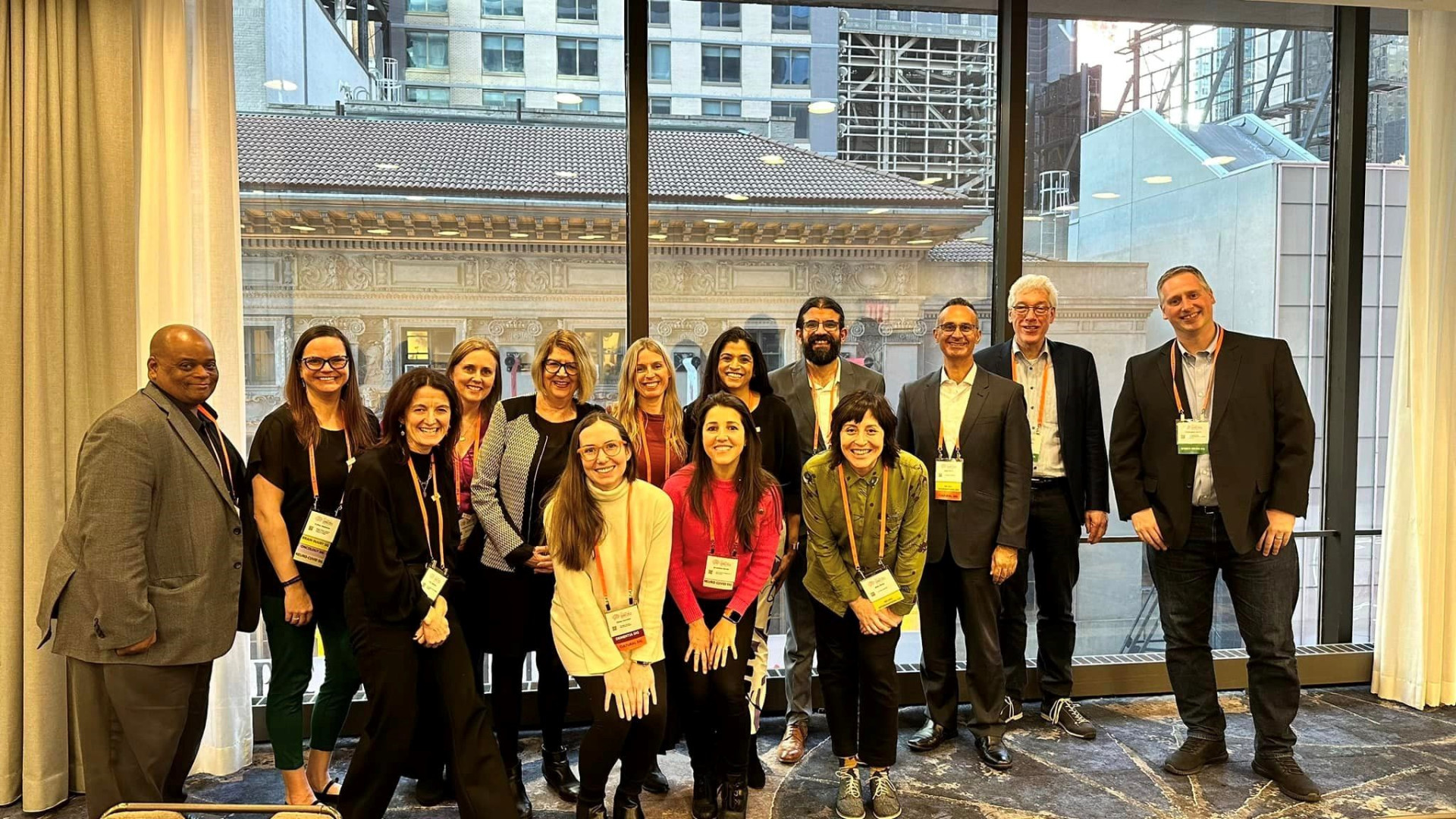
The BabIes, ToddlerS, and Young children (BITSY) SIG focuses on the science and practice of neuropsychological assessment, consultation, and intervention in children from birth to age 6. The intent of BITSY is to connect international scientists and clinicians who study very early brain-behavior relationships in an effort to create new cross-collaborations among those who would not otherwise have the opportunity to interact. We will primarily focus on the research and clinical domains, but we will also address issues related to training and policy in the area of neuropsychological services for young children.
Please email co-chairs: Natasha Ludwig, Ph.D. LudwigN@kennedykrieger.org, Tricia Williams, Ph.D. tricia.williams@sickkids.ca, and Peter J. Anderson, Ph.D. peter.j.anderson@monash.edu if you are interested in joining this SIG.
The Brain Injury (BI) SIG focuses on neurological insults across the lifespan. The BI SIG allows individuals interested in brain injury to share unique research methods and clinical practices. For this SIG, brain injury is defined broadly to include both traumatic and acquired forms of brain injury (e.g., stroke, anoxic injury) in both children and adults to allow a large number of clinicians and researchers, with an interest in brain injury, to connect and collaborate. Our ultimate goal is to increase collaboration among members involved in brain injury clinical services and research, and to increase the profile of brain injury at INS meetings. In the future, we hope to create subgroups (e.g., concussion, moderate-severe TBI, pediatric brain injury, stroke, etc.) within the larger SIG to better accommodate subspecialties. Our membership is diverse as it includes members from around the world with different backgrounds, career levels, ethnicities, and those with/without disabilities. If you are interested in joining us, please email co-chairs: Kristen Hoskinson, Ph.D., Shweta Kadaba, Ph.D., and Sarah Tlustos-Carter, PsyD., (bisigofficers@the-ins.org).
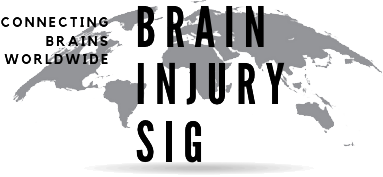
The Cultural SIG’s primary purpose is to elevate the quality of, and accelerate progress in, research on cultural neuropsychology. We have several international members and an interdisciplinary network of scientists and trainees whose scientific interest is the role of sociocultural factors (e.g., race, ethnicity, language, acculturation, literacy, socioeconomic status, and educational experience) on cognitive functions across the lifespan.
Within the Cultural SIG there are various workgroups, some of which are actively seeking members. You can follow our updates on X: @cultural_sig #culturalsig.
To know more about the Cultural SIG Co-Chairs and Executive Team: https://docs.google.com/document/d/e/2PACX-1vRvA-QrHrrjjvX9tABIgRjImwBFgPXko1yI_R8wFugg9LK9RiPtNwcJtBjeDvXuVQ/pub
If you would like to join us, please fill out the following form https://tinyurl.com/MemberCulturalSIG or email us at culturalsigofficers@the-ins.org. Questions can also be directed to this email address.

Mission: The Dementia Special Interest Group promotes the value of neuropsychology to the broader field of cognitive aging and dementia by advancing excellent research, clinical care, and education on the neuropsychology of aging and Alzheimer’s disease and related dementias.
The Epilepsy SIG is focused on the science and practice of epilepsy. This, of course, has implications for advocacy and policy, but the primary focus is to foster clinical and research collaborations.
For more information, please contact co-chairs: Seth Margolis, Ph.D., Christopher Benjamin, Ph.D., Genevieve Rayner, Ph.D., Alena Stasenko, Ph.D., (student/trainee representative) and Erin Kaseda, Ph.D., (student/trainee representative) at epilepsyneuropsych.org@gmail.com

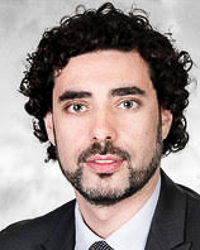

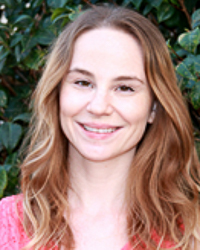
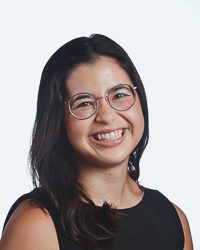
The Movement Disorders SIG is created to develop a network of neuropsychologists across the globe with expertise in movement disorders for the purpose of promoting and advancing research collaborations and initiatives, and academic exchanges for continuous clinical growth and optimization of patient care, clinical outcome, policy development, and training. The goals of the SIG are to support the development of sub-specialty groups within the SIG to include topics related to, yet not limited to, clinical assessment, neuromodulation (e.g., DBS (deep brain stimulation), NIBS (non-invasive brain stimulations), artificial intelligence for PD cognitive progression trajectories, clinical outcomes, alternate therapeutic approaches (such as psychotherapy focused on patient’s and cares’ well-being), clinical training, palliative care and public policy across populations including, yet not limited to, Parkinson’s disease, dystonia, essential tremor, diffuse Lewy body disease, Tourette’s disease, Huntington’s disease, and atypical parkinsonism (PSP, MSA, CBS).
Please contact co-chairs: Christina A Palmese PhD Christina.Palmese@mountsinai.org and Roberta Biundo PhD, PsyD; roberta.biundo@unipd.it if you are interested in joining this SIG.
The Special Interest Group is committed to unraveling the neuropsychological complexities of long COVID. Our research delves into areas such as clinical overlaps with chronic conditions, cognitive and memory deficits, mental health determinants, and treatment efficacy. In pursuit of global excellence, we focus on fostering international partnerships, creating intervention blueprints, and disseminating scholarly resources. Serving as a global nexus for research and ethical best practices, we invite professionals, students and trainees from diverse neuropsychological backgrounds to collaborate with us. Together, we aim to develop cognitive-behavioral models, streamline international knowledge transfer, publish rigorously vetted recommendations, and advance evidence-based interventions. We warmly invite you to contribute your expertise and amplify our mission.
We warmly welcome INS members with an interest in neuropsychological intervention, at any level of training, to join.
For further information, please email co-chairs: Kerryn Pike, DPsych k.pike@griffith.edu.au
Dana Wong, Ph.D. D.Wong@latrobe.edu.au
Aida Suárez-González, Ph.D. aida.gonzalez@ucl.ac.uk and
Stephanie Aghamoosa, Ph.D. fountast@musc.edu
To join, please email interventionsigmanager@the-ins.org
The Oncology SIG focuses on the integration of neuropsychology and cancer, and has goals in multiple domains. The research mission of the Oncology SIG is to advance our understanding of the impact of cancer and cancer treatment on cognitive and behavioral functioning. We are working with multiple groups involved in cognitive care for cancer patients, such as the Children’s Oncology Group (COG) and the International Cancer and Cognition Task Force (ICCTF) to enhance awareness of neuropsychological research in patients with cancer. In the clinical and program development domains, our goal is to foster the integration of neuropsychology into the clinical care of patients with brain tumors and other cancers. We are also working to increase educational opportunities for neuropsychologists in the domain of cognition and cancer. We welcome INS members at any level of training to participate in our meetings and on our listserve. Please contact co-chairs: Erica Dawson, Ph.D., (erica.dawson@osumc.edu), Lisa Jacobson Ph.D., (jacobson@kennedykrieger.org), and Charlotte Sleurs Ph.D., (C.Sleurs@tilburguniversity.edu) for more information.
The Social SIG invites members to join a dynamic and interactive group of individuals with interests and expertise in the area of social cognition. The mission of the Social SIG is to promote scientific and clinical exchanges and initiatives on the topic of social cognition including, but not limited to, emotion recognition, theory of mind, empathy, social perception, intent attribution, and moral reasoning. Specific goals of the group include facilitating sharing and collaboration around the development and validation of novel assessment and intervention tools and supporting collaborations that aim to characterize social outcomes in developmental, acquired and neurodegenerative conditions. The group also has a strong focus on addressing transcultural neuropsychology principles to the specific area of social cognition.
Everyone interested in these broad goals are warmly invited to join us. For further information please contact co-chairs: Skye McDonald, s.mcdonald@unsw.edu.au, Miriam Beauchamp miriam.beauchamp@umontreal.ca, Fiona Kumfor fiona.kumfor@sydney.edu.au, or membership secretary Mitchell Spezzaferri: mitchellspezzaferri@fuller.edu
Resources on social cognition measures: If you are interested in finding some common measures on social cognition these can be found here. Each of these has an associated “brief”, a short description of the content, uses, psychometric properties and norms. If you have a test not on the list that you would like to include, please work up a brief, based on available literature and send to Skye McDonald s.mcdonald@unsw.edu.au. You can also offer updates on any of these already there.
The focus of the Sports Neuropsychology SIG to encourage research, education, discussion, and collaboration among INS members around the topics of athlete brain health and sports concussion. We have previously worked with members of the Sports Neuropsychology Society (SNS) and the German-speaking Society of Sports-Neuropsychology (GSNP) for development of initiatives, activities, and collaborations. We welcome INS members at any level of training to participate in our meetings and join our google group. Please reach out to the chairs for more information.
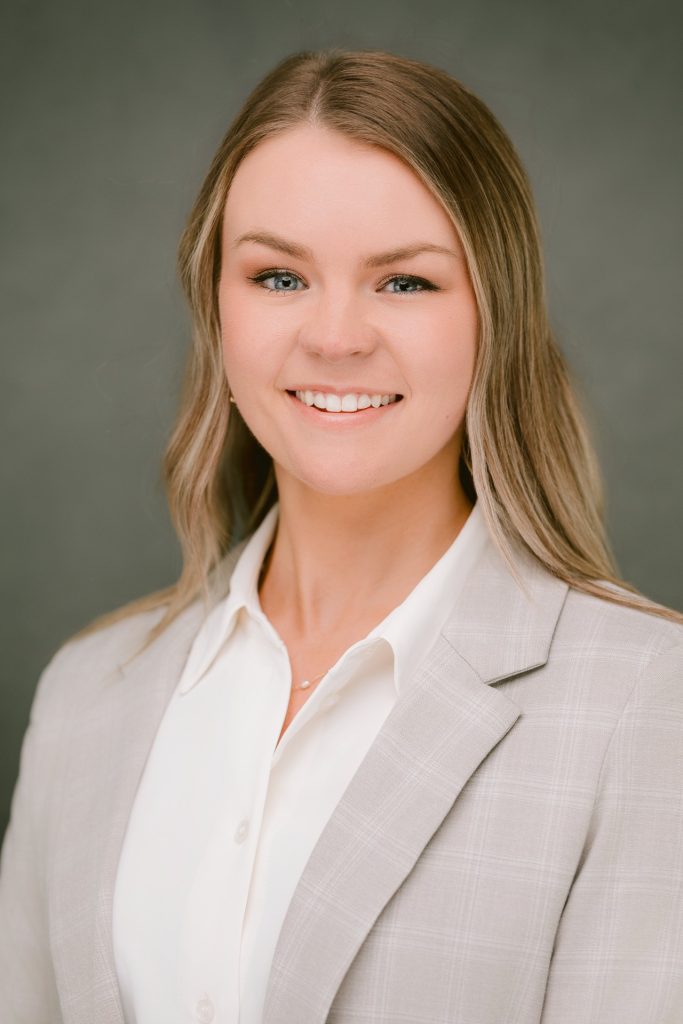
Student Representatives

TeleNeuropsychology and Digital Technologies SIG will provide a forum to discuss the latest advances in the science and clinical practice of teleneuropsychology. Special emphasis will be placed on recent developments of teleneuropsychology and/or remote cognitive assessment and rehabilitation in diverse, multicultural and international contexts. The SIG will also foster collaborations among its members and will provide guidance to improve training in teleneuropsychology. Please reach out to co-chairs for more information.
The Worldwide Initiative for Neuropsychological Data Sharing (WINDS) SIG brings together Neuropsychology colleagues and students who are interested in developing broad solutions to develop NP assessment by aggregating data across clinics worldwide, supporting the analysis of these data, and developing a network of clinics that can help develop, deploy and validate novel assessment methods that can be readily integrated into clinical practices. This SIG aims to build the infrastructure that will facilitate shared methods for data collection using existing and novel assessment tools. Engaging colleagues and students across the globe is a priority for our SIG. If you are interested in joining the WINDS SIG, please email co-chairs, Tricia Merkley, PhD, and Rune Raudeberg, PhD, at windssigmanager@the-ins.org.
Sincere regards,
Ruchika Prakash
Ruchika Prakash, Ph.D.
SIG Liaison
International Neuropsychological Society